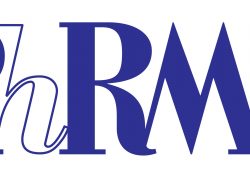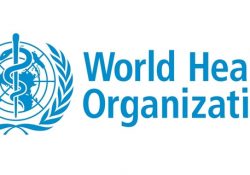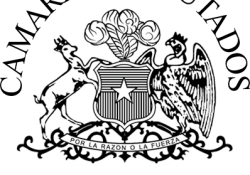Claire Cassedy is Senior Researcher and Development Lead at Knowledge Ecology International. Prior to joining KEI in August 2013, Claire worked with several organizations including Global Zero, a nuclear nonproliferation nonprofit, and the North Carolina Democratic Party. She also previously… Continue Reading →
Thiru Balasubramaniam is the Geneva Representative of Knowledge Ecology International. Mr. Balasubramaniam has represented KEI in various multilateral fora including the Marrakesh Diplomatic Conference to Conclude a Treaty to Facilitate Access to Published Works by Visually Impaired Persons and Persons… Continue Reading →
Contacting James Love Work phone: +1.202.332.2670 | Mobile Phone +1.202.361.3040 | Email: james.love@keionline.org Twitter: @jamie_love Blue Sky: @jamielove@bsky.social (Give my office a call or give me another nudge if you have difficulty getting a response. I am overwhelmed at times… Continue Reading →
Knowledge Ecology International (KEI) is a not for profit non governmental organization that searches for better outcomes, including new solutions, to the management of knowledge resources. KEI is focused on social justice, particularly for the most vulnerable populations, including low-income… Continue Reading →
KEI is a U.S. tax exempt organization, under 501(3)(c) of the IRS rules. In 2006 KEI received a MacArthur Award for Creative and Effective Institutions. MacArthur Award KEI Acceptance Remarks KEI receives contributions from individuals, by check, or through the… Continue Reading →
Sakiko Fukuda-Parr, Chair Sakiko Fukuda-Parr is a Professor of International Affairs at The New School, New York. A development economist, her current work focuses on global policies for human development and human rights in diverse areas including poverty reduction, conflict… Continue Reading →
KEI is a U.S. tax exempt organization, under 501(3)(c) of the IRS rules. KEI is supported by grants and research contracts, including in recent years from the following institutions: Foundation to Promote Open Society Perls Foundation Kaiser Foundation Health Plan… Continue Reading →
On January 15, 2018, PhRMA provided comments on the Colombian Resolution 5246, a public interest declaration for several drugs for the hepatitis c virus (HCV). A copy of the PhRMA letter is attached below. It is a combination of complaints… Continue Reading →
In November 2017, the World Health Organization (WHO) published a report charting a path forward for the expansion of WHO’s work on the transparency of R&D costs and medicines prices while rekindling the prospects for WHO to assume the mantle of… Continue Reading →
The Cámara de Diputados of the Chilean Congress has overwhelmingly passed a resolution calling on the President to advance the compulsory licensing request on HCV drugs made in March 2017 by patients, advocates including Innovarte NGO, and elected officials. The resolution, Number… Continue Reading →


